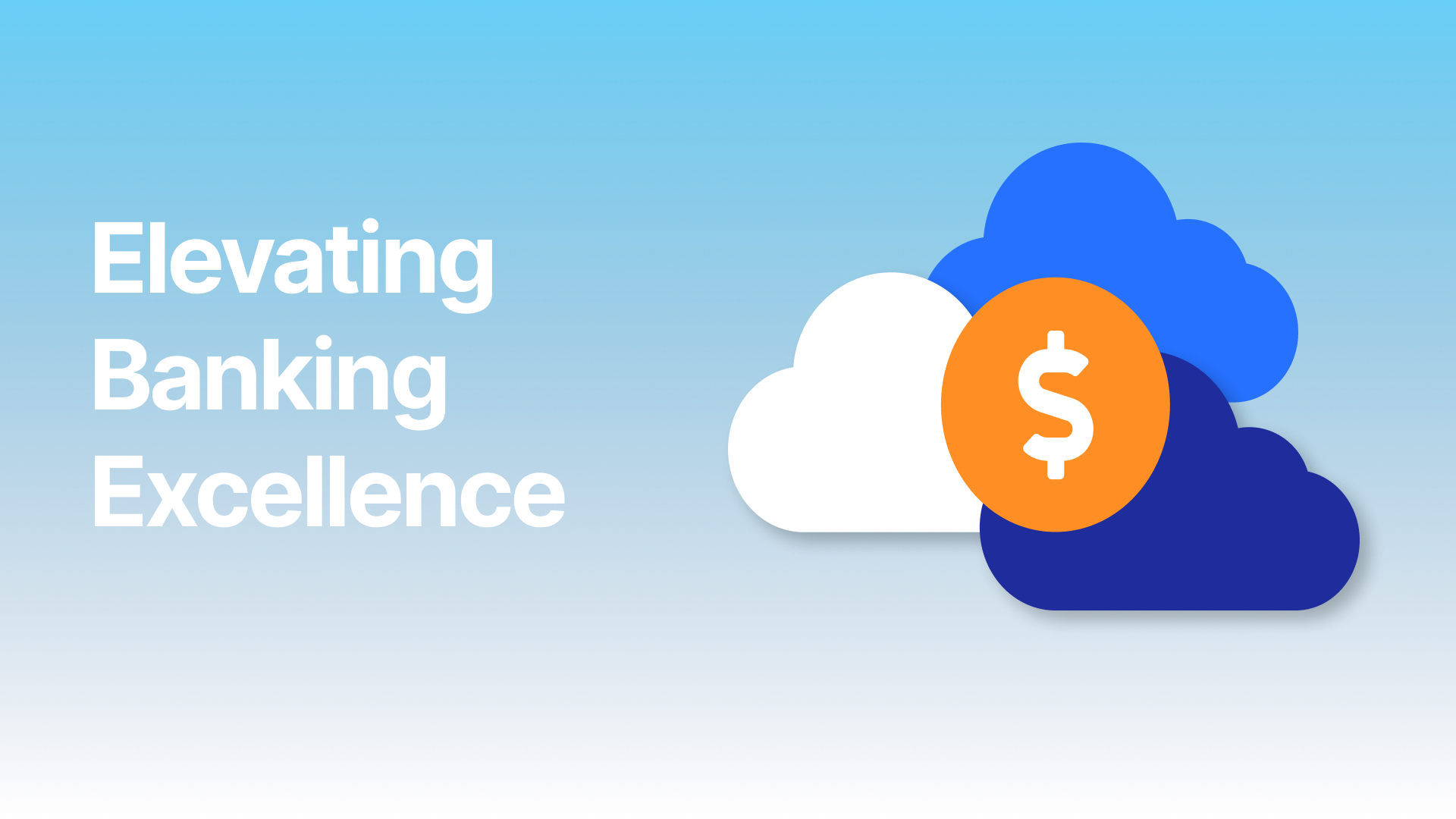The financial world is being increasingly digitized and decentralized with many more networks, data sources and movements that need to be reconciled and monitored — not to mention satisfy compliance requirements with various regulatory bodies. The digital transformation and decentralization of the fintech segment has resulted in increasing complexities in payment transactions, more third party applications and a higher volume and velocity of payments data that need to be monitored in real-time.
The Complexity of Payment Transactions
To make sure every payment transaction is completed as expected, payment operations teams must be able to find and fix payment issues as they’re happening anywhere along the end-to-end transaction path. Whether you’re a merchant, acquirer, or payments processor, it’s crucial to have complete visibility into your payments environment.
The digital payment process is extremely complicated, with many moving parts and a lot that can potentially go wrong. When payment failures do occur they lead to abandoned shopping carts, frustrated customers, and average expenditures drop as consumers tend to spend less once their payment has been declined – severely impacting bottom lines. Even problems that affect only a small subset of transactions can quickly impact many customers before you even realize there’s an issue.
The Need for Automation and Visibility
With the ongoing growth in operational complexities, effectively monitoring payment transactions is becoming a radical challenge. At the same time, customers expect flawless service and availability, and are quick to seek other options when things don’t go as planned. Fintech operators, therefore, need to reduce manual monitoring and increase automation and visibility into their operations.
Related content: Cloud Cost Optimization
What is payment transaction monitoring?
Payment transaction monitoring is the practice of observing customer transactions and payment data (payment approval/failure, payment fees and rates, payment behavior, etc.) in production to ensure performance and availability. AI-based real time monitoring ensures that networks, applications and third party service providers respond in time.
When transactions fail, it often means that a business’s most critical, time-sensitive applications fail as well. And even if a payment transaction doesn’t fail outright, performance degradation and data anomalies can wreak havoc on the user experience and signal problems in essential system functions. That’s why monitoring transactions is just as crucial as monitoring critical servers and infrastructure.
For any bank, payment processor or merchant concerned about streamlining operations and optimizing approval rates, transaction monitoring can help:
- Proactively isolate payment performance issues
- Prevent downtime and potential lost revenues
- Spot abnormal behavior and curtail fraud attempts
- Monitor profitability across all channels
With transaction monitoring, merchants, acquirers and payments processors can gain unparalleled insights into transactions and trends, improving the performance, productivity and reliability of payment transactions across all touchpoints.
Gain a competitive edge with AI-based payment transaction monitoring
Global payments leaders are increasingly relying on AI to improve OpEx and customer experience by optimizing payment processes and conversion/approval rates. Through the strategic use of AI-based business monitoring, Fintechs can reduce payment failures including rejections, chargebacks, payment attempts, and refund requests — as well as better manage payment fees and rates, including transaction fees and FX rates fluctuations. With AI-based autonomous transaction monitoring, users can:
- Seamlessly monitor approvals, declines, returns and refunds
- Improve efficiency, accuracy and speed across the entire digital payments optimization process
- Boost payment approval and conversion rates
- Monitor merchants’ activity and protect revenue
- Monitor risk in payments
To coordinate the future of eCommerce and payments requires monitoring tools that lean heavily on artificial intelligence and machine learning in real-time. Anodot helps fintechs stay on top of their business, deliver flawless customer experience and optimize revenue and OpEx, through timely anomaly detection and highly accurate forecasts for liquidity.
- Fastest time to accurate detection. Anodot autonomously distills billions of data events into the single spot-on alerts that you need to know about right now. Alerting in real time cuts time to detection, enabling proactive incident management by payment operations teams.
- Full coverage. Anodot collects and analyzes data across the entire payment stack and ecosystem. All metrics are actively monitored, at scale, enabling operators to achieve full visibility over the total of services, processes, partners, customers and business KPIs.
- Correlation. Anodot’s patented correlation engine correlates anomalies across the business for holistic root cause analysis and the fastest time to resolution, leading to significantly improved approval rate, availability and customer experience.
- Autonomous. Anodot is completely autonomous. There’s no need to define what data to look for or when, no manual thresholds to set up or update. New use cases can be added on the fly, and no monitoring maintenance is needed even as the business’s configuration changes.
- Ease of use. Anodot is built for business users, so no data science is required. It is easily integrated with all types of data sources, and just as easily applied to new services and use cases.
Fintech companies using Anodot’s autonomous monitoring solution report 80% faster detection time, 90% drop in alert noise, and 30% reduction in incident costs. By optimizing the payment transaction process, fintech operations teams can focus their efforts on digital transformation and value-added initiatives.



